- Home
- Archives
Archives... Don't Miss Anything, Ever!
Here you will find all the research and views that we post on Equitymaster. Use the tools to customize the results to suit your preference!
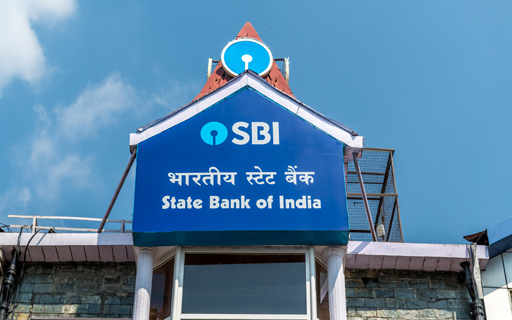 Why SBI Share Price is Rising
Why SBI Share Price is Rising
Apr 26, 2024
SBI's net NPAs are currently at a decadal low. This makes the bank less vulnerable to even the upturn in interest rates.
 Stocks Profiting from the Rise of the Luxury Class in India
Stocks Profiting from the Rise of the Luxury Class in India
Apr 26, 2024
These stocks benefit the most from the growing opulent class in India.
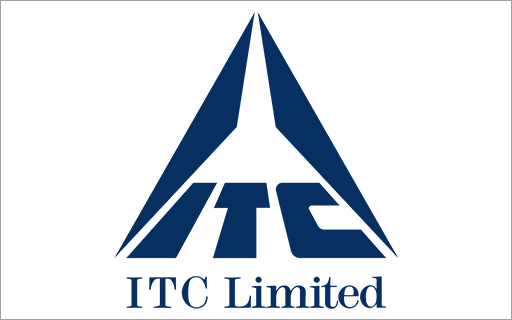 India's Second Largest Mutual Fund Bets Big on ITC. Will it Pay Off?
India's Second Largest Mutual Fund Bets Big on ITC. Will it Pay Off?
Apr 26, 2024
ITC shares will remain in focus ahead of its shareholder meet for demerger of the hotel business on 6 June 2024.
 Is this Tata Stock a Ticking Time Bomb?
Is this Tata Stock a Ticking Time Bomb? 
Apr 25, 2024
A critical look at a big Tata group stock
 Mukul Agrawal's Top 5 Stock Picks in Q4
Mukul Agrawal's Top 5 Stock Picks in Q4
Apr 25, 2024
Ace investor broadens portfolio with five new Q4 picks.
 Why SAIL Share Price is Rising
Why SAIL Share Price is Rising
Apr 25, 2024
Investors are fancying SAIL over peers Tata Steel and JSW owing to cheaper valuations. There's more to the story though...
 Top Stocks in Amit Shah's Portfolio
Top Stocks in Amit Shah's Portfolio
Apr 25, 2024
One of the top politicians in the country has a widely diversified portfolio. Read more here...
 A Rare Opportunity to Profit from Pharma Stocks
A Rare Opportunity to Profit from Pharma Stocks
Apr 25, 2024
This opportunity can create a lot of wealth. Keep an eye on it.
 Can Asian Paints Repeat History of Multibagger Returns?
Can Asian Paints Repeat History of Multibagger Returns? 
Apr 24, 2024
Whether the rough patch should be considered a permanent damage for Asian Paints.
 Why Aditya Birla Group Stocks are Rising
Why Aditya Birla Group Stocks are Rising
Apr 24, 2024
Aditya Birla stocks rally up to 8%, with four stocks hitting 52-week high. Find out why.
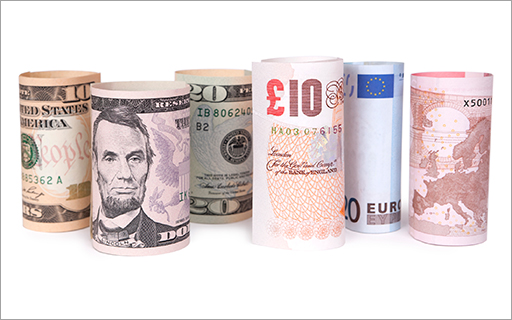 FIIs are Buying into these 5 Adani Stocks. Take a look...
FIIs are Buying into these 5 Adani Stocks. Take a look...
Apr 24, 2024
FIIs raise stake in these Adani group companies. Do you own any?
 Why Tata Teleservices Share Price is Rising
Why Tata Teleservices Share Price is Rising
Apr 24, 2024
Telecom stocks have shot up in recent trading sessions following VI's successful FPO and Bharti Hexacom's listing.
 Why CE Info and Netweb Technologies Can Go Where NVIDIA Can't...
Why CE Info and Netweb Technologies Can Go Where NVIDIA Can't...
Apr 24, 2024
A 100-day programme will look for companies that can fortify India's deeptech foray.
 Solar is Hot. It's About to Get Hotter with the Upcoming IPO of Premier Energies
Solar is Hot. It's About to Get Hotter with the Upcoming IPO of Premier Energies
Apr 24, 2024
From grey market premium to price band, here's everything you need to know about this solar cell maker's upcoming IPO.
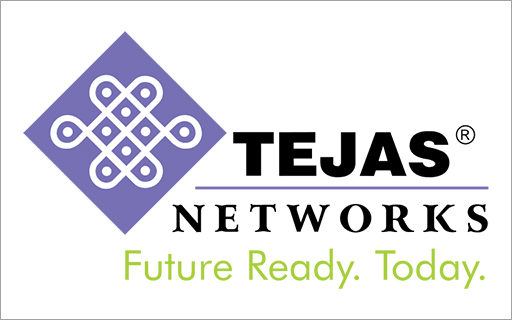 Why Tejas Networks Share Price is Rising
Why Tejas Networks Share Price is Rising
Apr 23, 2024
Tejas Networks Zooms nearly 40% in two days, hits 52-week high. What next for this Tata stock?
 Space Stock Locked in Upper Circuit After Ashish Kacholia Buys 17,54,385 Shares
Space Stock Locked in Upper Circuit After Ashish Kacholia Buys 17,54,385 Shares
Apr 23, 2024
This company was behind the manufacturing, delivery and assembly of core equipment for the first ultrasonic wind tunnel for ISRO.
 Can Your Stocks Benefit from Higher Inflation?
Can Your Stocks Benefit from Higher Inflation?
Apr 23, 2024
Higher Inflation is good for these companies.
 Why Union Bank of India Share Price is Rising
Why Union Bank of India Share Price is Rising
Apr 23, 2024
With NPAs on the decline, Union Bank is optimistic about robust growth and it's well-placed to capitalise on the pickup in corporate credit cycle.
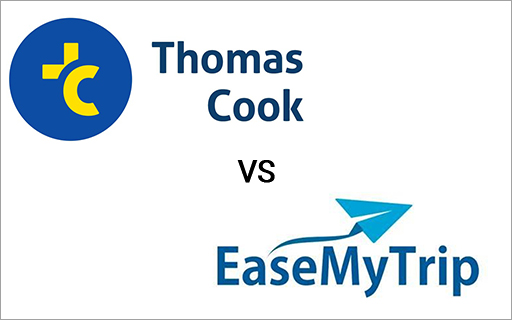 Best Travel Stock: Thomas Cook vs Easy Trip Planners
Best Travel Stock: Thomas Cook vs Easy Trip Planners
Apr 23, 2024
This online travel aggregator is buckling up to take off to new heights by going the extra mile to deliver customised experiences.
 Multibagger Midcap Stock Secures Big Contract to Supply Critical Components to Tesla
Multibagger Midcap Stock Secures Big Contract to Supply Critical Components to Tesla
Apr 22, 2024
Tesla diversifies its supply chain with second Indian EV partnership. What next?

